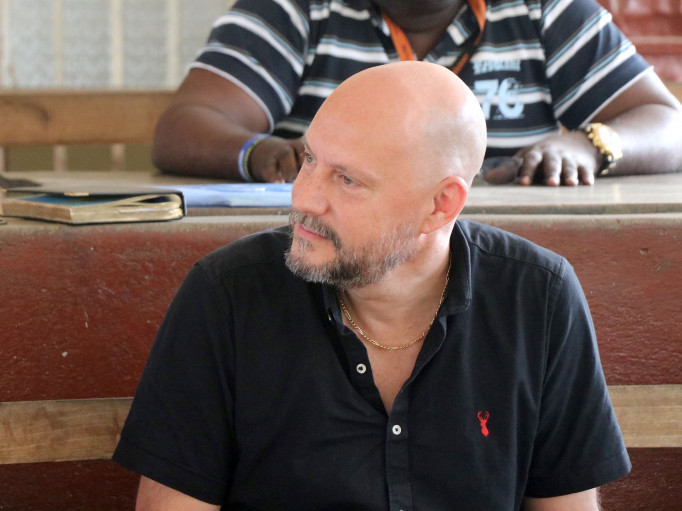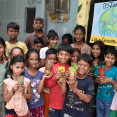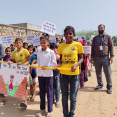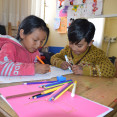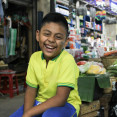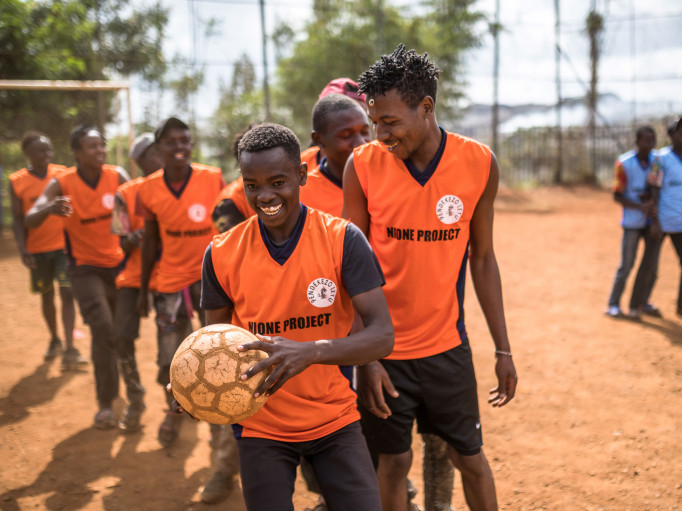
In September 2023, David Westwood was appointed as Toybox’s Chair of Trustees. David has extensive experience in international development, humanitarian relief and advocacy. He has worked for World Vision in Angola, Switzerland and Costa Rica and is currently the Director of Policy and Programmes for World Vision UK. Here he reflects on how things have changed for street children during the past thirty years.
I grew up in Brazil where seeing children on the street was part of everyday life. I have memories of playing football in the road with whoever was around to play… no thought given to where they came from or whether they had a home to go back to. On one level, they were very much the same as me – the same fun and laughter chasing a ball up and down – and yet so different – what to eat, where to sleep, how to stay safe… all concerns I never had. No child should be living on the streets. It’s a bit of a no brainer really! And yet, at times it seems as far away as ever. As I read the statistics on the website – the UN estimated 100s of millions of street children – I am struck by the fact that not much seems to have changed since the day I started working in international development back in 1990. My professional career has led me through many a year working for the rights of the most vulnerable children; listening to their stories, advocating on their behalf, raising funds to help. As I reflect a bit more, in fact a great deal has changed.
We have a legal framework in place. The Convention for the Rights of the Child that came into force the year I started, clearly laying out the rights that all children have to provision, prevention, protection and participation. It has now been ratified by all UN member states except the US. The rights of street children were further strengthened in 2017, when the Committee on the Rights of the Child issued a General Comment on Children in Street Situations and provided guidance on developing comprehensive, long-term national strategies to support them.
We also have a far better idea about what works. About how important it is to ensure that children are legally registered, ensuring that they do indeed have access to the many rights laid out so clearly in the convention. We also know how important getting children back into education is and helping them to develop skills that open options for them in the future. And we know how important it is to work in close partnership with others, especially local groups, and with the children themselves to ensure that what we do is the most contextually appropriate and likely to last well beyond our involvement.
There are also more people that care. People like you who have made the decision to engage with Toybox and its vision for a world without street children. We know we can and do make a difference – that there is hope and a future for many of the children we encounter. Through the work of Toybox and its partners, 14,742 children, young people and their families living in street situations have been impacted over the course of the last year. I am privileged to have been able to have a career working to improve the lives of the most vulnerable children overseas. I also feel massively privileged to be involved with the work of Toybox.
